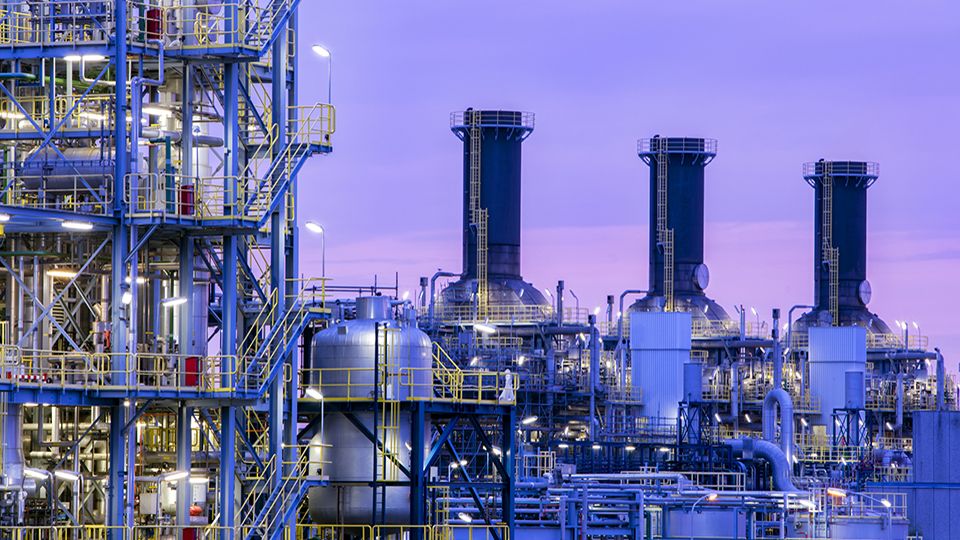A group of investors has asked chemicals companies to make public commitments to long-term ambitions for net-zero chemicals production by 2050 or earlier.
Led by Institutional Investors Group on Climate Change (IIGCC), the group of 20 investors, including Nordea Asset Management, PGGM and Robeco, have published a number of expectations designed to build on and complement the Climate Action 100+ benchmarks for chemical companies to transition to net zero.
As well as setting out long-term commitments, investors expect chemicals companies to establish and deliver on short, medium and long-term decarbonisation targets, including validation of Scope 3 targets via the Science-Based Targets initiative.
Chemicals companies will also be required to develop a robust transition plan outlining policies, assumptions, partnerships and actions supporting the advancement of net-zero chemicals production, using low-carbon feedstocks and setting targets for circular feedstock use where appropriate.
“For hard-to abate industries, which includes chemicals, achieving deep emission reduction will be difficult and requires early commitment from companies, investment in new technologies and supportive investors,” said Gillian Gailliaert, junior advisor, responsible investment, at PGGM.
Upping pressure
Last year, investors with $8trn under management and advice called on the world’s biggest chemical producers to phase out persistent and hazardous chemicals that pose a risk to public health and the environment.
Aviva Investors and Storebrand Asset Management coordinated a letter from the coalition to chemical company CEOs, asking them to phase out and substitute persistent chemicals and disclose the volume of all hazardous chemicals they produce.
The previous year, a network of investors representing $3.2trn formed to target engagement with companies in the chemicals sector, calling for the industry to decarbonise by 2050.
In June ESG Clarity this year was told both groups were still waiting for responses from chemicals companies.
With so much investor pressure on the sector, why has progress been so slow?
The chemicals sector is the third-largest source of industrial greenhouse gas emissions globally, and nearly 95% of all manufactured products use chemicals as inputs.
There is recognition that some companies may not be in a position to comply with all expectations and recommended disclosures. In this case, the IIGCC states that it is at the discretion of each individual company to adopt the guidelines as appropriate.
“The new investor expectations clearly and methodically set out a framework upon which future climate-related engagement with companies in the critical sector of chemicals can be better informed,” said Elin Noring, senior ESG analyst at Nordea Asset Management.
“As the CA100+ lead for the L’Air Liquide engagement, we recognise the chemicals sector has an outsized role to play in supporting and driving the global transition to net zero. The development of these new sector-specific investor expectations will allow us to undertake more granular, more targeted and more constructive engagement with companies in the sector.”








